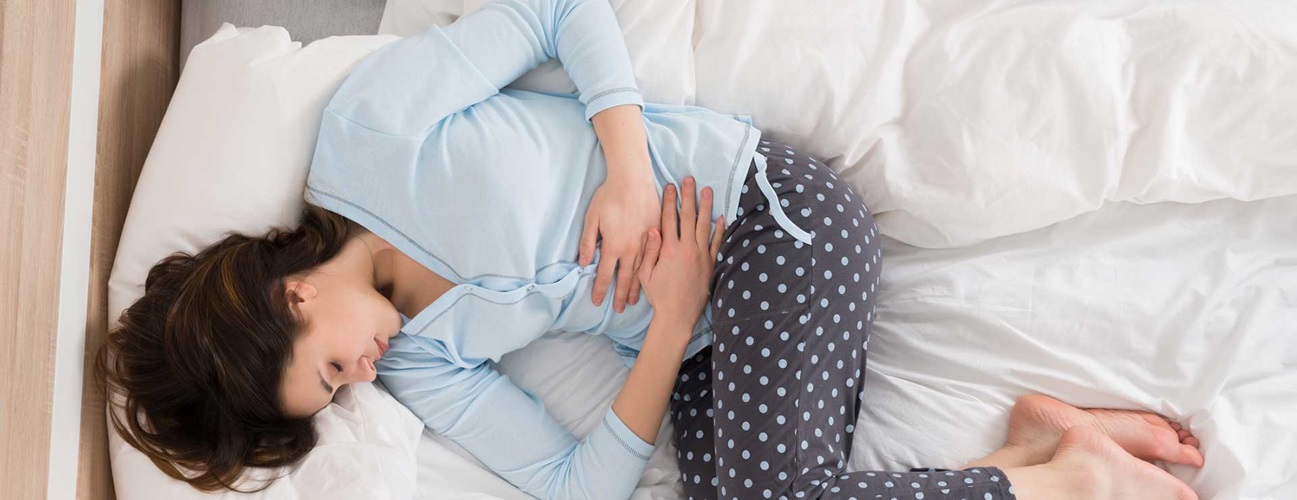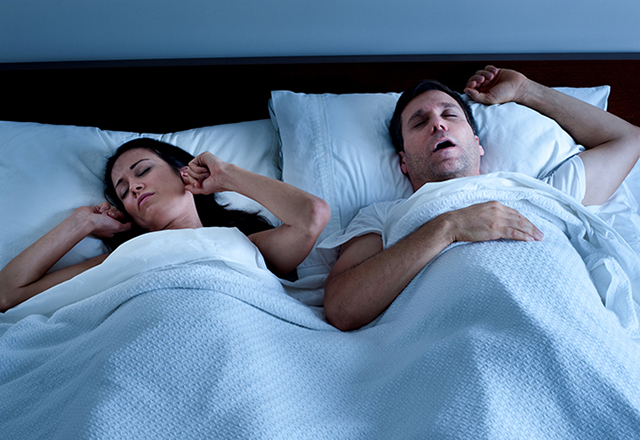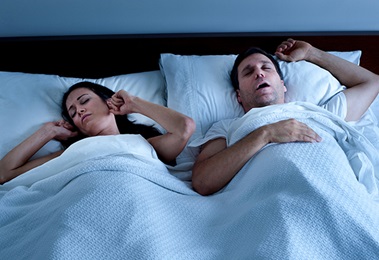Sleep Problems: Look for Health Connections
A wide variety of health issues (as well as the medications that treat them) can have a surprising connection to the quality of your sleep. Here’s how some common conditions are linked with sleep problems:

Allergies: Allergies to dust mites, mold, pollen and other substances cause sneezing, congestion and itchy, watery eyes that can lead to more nighttime wakeups and poor sleep quality. “If you have mild obstructive sleep apnea (pauses in breathing), a stuffed-up nose could make it worse because you will have to breathe through your mouth more often,” says Johns Hopkins sleep expert Vsevolod Y. Polotsky, M.D., Ph.D. Meanwhile, allergy medicines containing pseudoephedrine can keep you from falling asleep while those containing antihistamines such as diphenhydramine can leave you feeling extremely drowsy the following day.
Alzheimer’s disease: Insomnia and daytime sleeping are more common in the later stages of Alzheimer’s disease . Maintaining a regular daytime schedule and, if needed, medications can help sleep quality.
Asthma: For about 60 percent of people with asthma, airway changes at night (called “nocturnal asthma”) can lead to coughing, wheezing and breathlessness that interrupt sleep. The asthma drug theophylline can contribute to sleep problems and more frequent nighttime awakenings, as can using the quick-relief inhaler drug albuterol more often than your doctor recommends.
Benign prostatic hyperplasia: Up to 14 million American men have an enlarged prostate gland; as a result, nearly one in three men older than age 60 wake up two or more times each night to use the bathroom. Medications can help.
Chronic obstructive pulmonary disease (COPD): Lung disorders such as emphysema, chronic bronchitis and asthma can lead to coughing, chest pain and difficulty breathing that compromises sleep quality for nearly 50 percent of the more than 12 million Americans with COPD . Oxygen levels in your blood may drop, causing daytime tiredness. In addition, up to 15 percent of people with COPD may have sleep apnea. Some COPD medications such as albuterol and prednisone can also bring on sleep problems.
Congestive heart failure: More than five million Americans have congestive heart failure , which weakens the heart’s ability to pump and also increases your risk of sleep apnea and sleep-disrupting shaking of the arms and legs called periodic limb movements. Treatments for heart failure can help; you may also need apnea treatments such as a continuous positive airway pressure breathing machine.
Depression and anxiety: “Everyone has a bad night of sleep once in a while, perhaps because you’re stressed or worried about an event in your life. But if sleep problems persist, depression or anxiety could be involved,” says Johns Hopkins sleep expert R. Nisha Aurora, M.D., M.H.S. “Treating depression and anxiety can help your sleep quality, and treating sleep problems can improve these mental-health issues. You and your doctor may have to look at both.”
Diabetes: High blood sugar levels can prompt your kidneys to excrete more glucose into your urine, leading to more nighttime bathroom trips. In addition, many people with diabetes are also overweight, which can raise your risk of sleep apnea. Pain from diabetes-related nerve damage (peripheral neuropathy) and night sweats due to shifting blood sugar levels may affect your sleep quality too.
Gastroesophageal reflux: Studies show that as many as three out of four people with heartburn have night symptoms at least once a week. Lying down worsens the painful backwash of stomach acid into the esophagus. Avoiding large meals and alcohol before bed and raising the head of your bed about six inches may help.
Parkinson’s disease: Insomnia, nightmares, acting out dreams during sleep, sleep apnea and falling asleep without warning during the day are among the sleep problems that people with Parkinson’s disease may experience. Medications may help, though some Parkinson’s disease drugs can contribute to insomnia; your doctor may suggest taking them earlier in the day.






